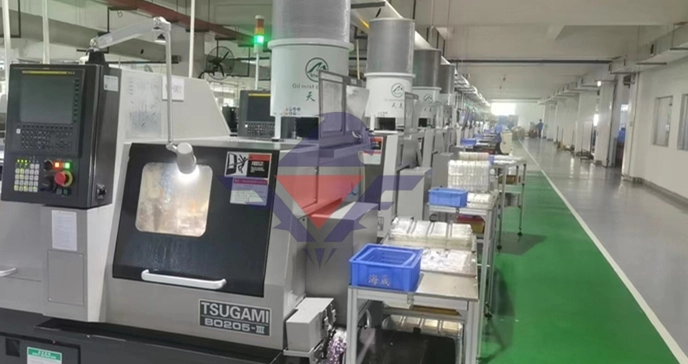Endotoxin Assay Kits for Accurate Bacterial Toxin Detection
April 24, 2025 | News | No Comments

# Endotoxin Assay Kits for Accurate Bacterial Toxin Detection
## What Are Endotoxins?
Endotoxins are toxic substances found in the outer membrane of Gram-negative bacteria. These lipopolysaccharides (LPS) can cause severe inflammatory responses when released into the bloodstream or tissues, potentially leading to septic shock, organ failure, and even death in extreme cases.
## The Importance of Endotoxin Detection
Accurate detection of endotoxins is crucial in various industries:
– Pharmaceutical manufacturing
– Medical device production
– Biotechnology research
– Water quality testing
– Food safety monitoring
## How Endotoxin Assay Kits Work
Modern endotoxin assay kits utilize the Limulus Amebocyte Lysate (LAL) test, which is derived from horseshoe crab blood. This highly sensitive method detects endotoxins through a series of enzymatic reactions:
– Sample preparation and dilution
– Addition of LAL reagent
– Incubation period
– Detection of clotting or color change (depending on the method)
Keyword: Endotoxin Assay Kits
## Types of Endotoxin Assay Kits
Several formats are available to suit different testing needs:
### Gel-Clot Assay Kits
The traditional method that visualizes clot formation as a positive result.
### Chromogenic Assay Kits
These kits measure color change intensity, providing quantitative results.
### Turbidimetric Assay Kits
These detect changes in solution turbidity caused by endotoxin presence.
## Choosing the Right Kit for Your Needs
Consider these factors when selecting an endotoxin assay kit:
– Sensitivity requirements
– Sample volume
– Throughput needs
– Regulatory compliance
– Budget constraints
## Best Practices for Accurate Results
To ensure reliable endotoxin detection:
– Maintain strict aseptic techniques
– Use endotoxin-free consumables
– Follow manufacturer protocols precisely
– Validate methods regularly
– Implement proper quality controls
## Regulatory Considerations
Endotoxin testing is strictly regulated in many industries:
– FDA requirements for pharmaceuticals
– USP guidelines
– EP 2.6.14 standards
– JP 4.01 specifications
## Future Developments in Endotoxin Testing
Emerging technologies are improving endotoxin detection:
– Recombinant factor C (rFC) assays
– Microfluidic detection systems
– Automated high-throughput platforms
– Portable field testing devices
## Conclusion
Endotoxin assay kits provide essential tools for detecting bacterial toxins with high accuracy and sensitivity. By selecting the appropriate kit and following proper testing protocols, laboratories can ensure product safety and regulatory compliance across multiple industries.